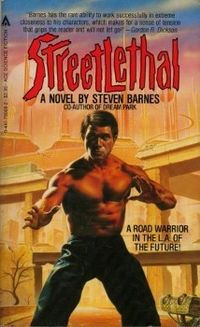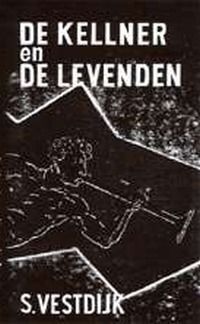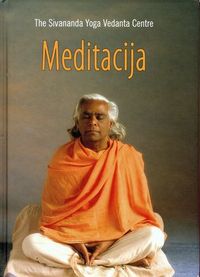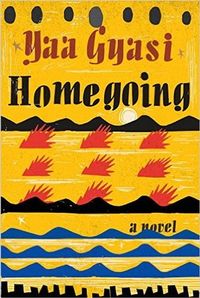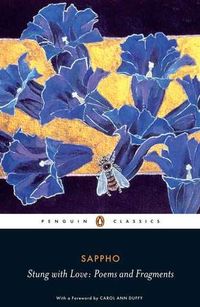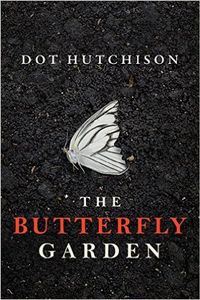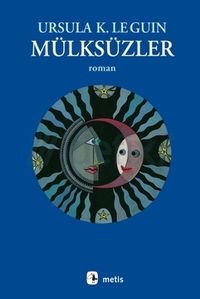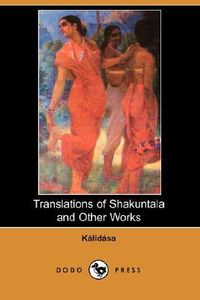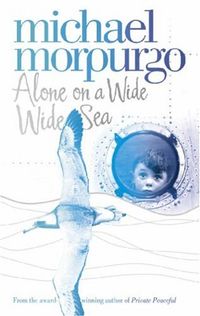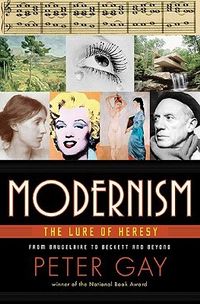
Modernism: The Lure of Heresy from Baudelaire to Beckett and Beyond
A Philosophy, Nonfiction, Literature book. Just ok. While there are two or three interesting insightsand...
Peter Gay's most ambitious endeavor since Freud explores the shocking modernist rebellion that, beginning in the 1840s, transformed art, literature, music, and film with its assault on traditional forms. Beginning his epic study with Baudelaire, whose lurid poetry scandalized French stalwarts, Gay traces the revolutionary path of modernism from its Parisian origins to its emergence as the dominant cultural movement in world capitals such as Berlin and New York. A work unique in its breadth and brilliance, Modernism presents a thrilling pageant of heretics that includes (among others) Oscar Wilde, Pablo Picasso, and D. W. Griffiths; James Joyce, Virginia Woolf, and T. S. Eliot; Walter Gropius, Arnold Schoenberg, and (of course!) Andy Warhol. Finally, Gay examines the hostility of totalitarian regimes to modernist freedom and the role of Pop Art in sounding the death knell of a movement that dominated Western culture for 120 years. Lavishly illustrated, Modernism is a superlative achievement by one...
Download or read Modernism: The Lure of Heresy from Baudelaire to Beckett and Beyond in PDF formats. You may also find other subjects related with Modernism: The Lure of Heresy from Baudelaire to Beckett and Beyond.
- Filetype: PDF
- Pages: 610 pages
- ISBN: 9780393052053 / 393052052
ryCMyvF_YvW.pdf
More About Modernism: The Lure of Heresy from Baudelaire to Beckett and Beyond
I was impressed by the flowing, lucid prose, as well as by the vast scope of this book. In a mere 610 pages (including the index and a bibliographic essay), Peter Gay provides a warm, sympathetic overview of a century's worth of artistic expression in multiple disciplinespainting, music, architecture, literature, dance and motion pictures.This... Thus far, I'm lukewarm: I like it, but I'm not loving it. Usually I love these kinds of ambitious cultural histories, but I'm just not feeling it. I think I'm just not in the mood to read this right now, so I'm going to stop my reading at page 57. I'll pick it up again when I'm in the mood for it. Just ok. While there are two or three interesting insightsand I'm always interested in hearing how someone frames this story or how they theorize itthere is too much fluff to make this useful. Too many eccentric notes and sidebars that don't really add anything. Not surprisingly white and masculinist but really? I'll keep it as a reference...

